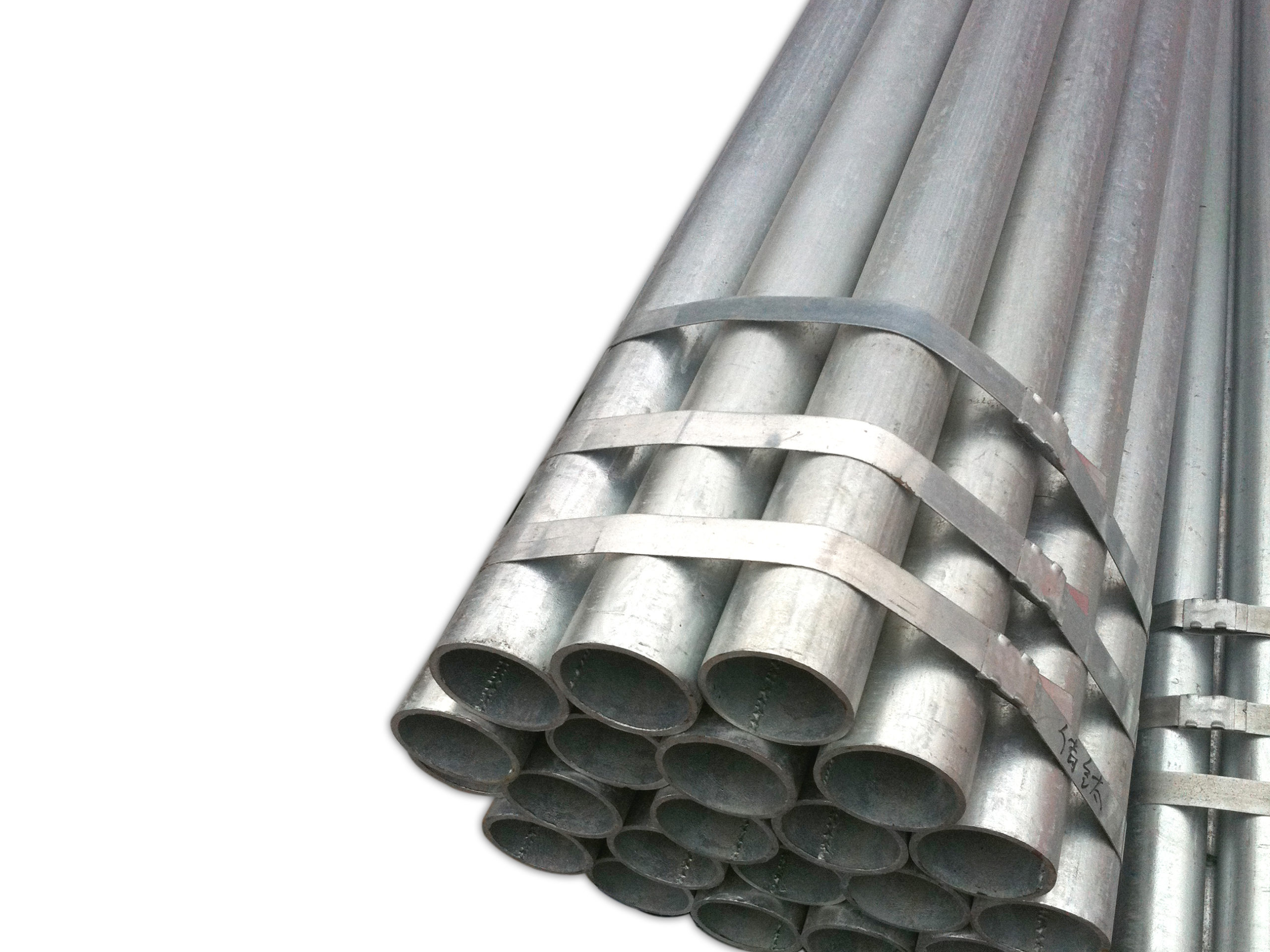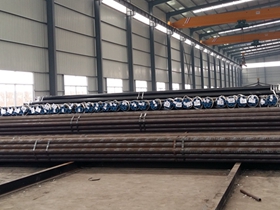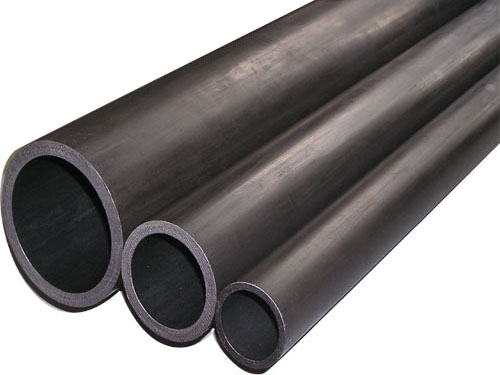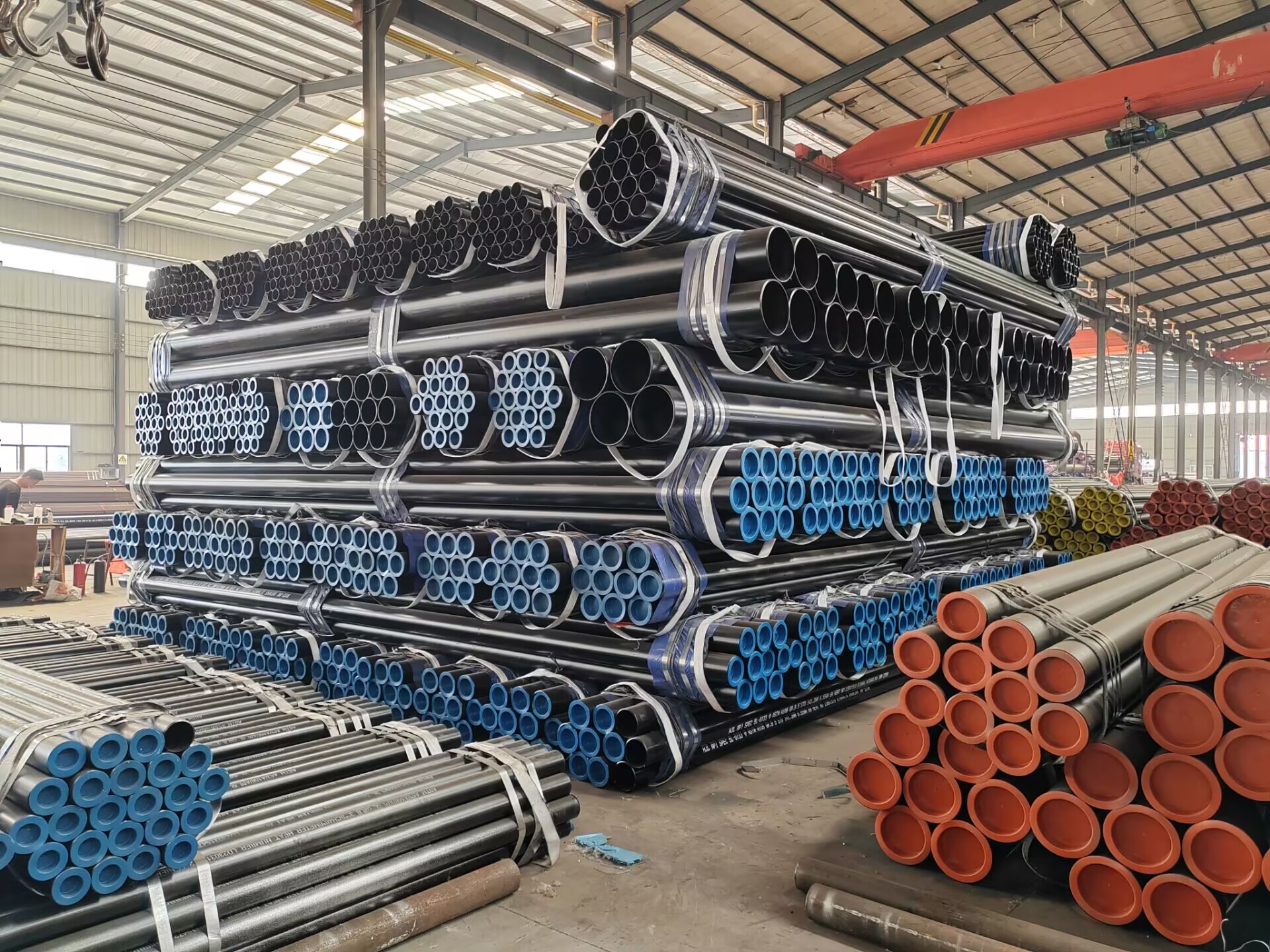Pros and Cons of Mild steel Pipes
Mild steel pipes and Seamless steel pipes are two common types of steel pipes used in various industries for different applications. While both types of pipes are made of steel, there are some key differences between them that make each type suitable for specific uses.
Mild steel pipes, also known as Carbon steel pipes, are made from low carbon steel. They are typically used in applications where the Pipe does not need to withstand high pressure or temperature. Mild steel pipes are relatively inexpensive and easy to work with, making them a popular choice for general plumbing and construction projects.
One of the main advantages of mild steel pipes is their affordability. They are cheaper to manufacture compared to seamless steel pipes, making them a cost-effective option for budget-conscious projects. Additionally, mild steel pipes are readily available in various sizes and thicknesses, making them versatile for a wide range of applications.
However, one of the drawbacks of mild steel pipes is their susceptibility to corrosion. Mild steel pipes are prone to rusting when exposed to moisture or harsh chemicals, which can reduce their lifespan and structural integrity. To prevent corrosion, mild steel pipes need to be coated or painted, adding to the overall cost of the project.
On the other hand, seamless steel pipes are made from solid steel billets that are heated and stretched to form a seamless tube. This manufacturing process results in a pipe with no seams or welds, making seamless steel pipes stronger and more durable than mild steel pipes. Seamless steel pipes are commonly used in high-pressure and high-temperature applications, such as Oil and gas pipelines, automotive exhaust systems, and structural components in buildings.
1 1 8 od steel Tubing
One of the main advantages of seamless steel pipes is their superior strength and durability. The absence of seams or welds in seamless steel pipes eliminates weak points in the pipe, making them less prone to leaks or failures under high pressure. Seamless steel pipes can withstand extreme temperatures and pressures, making them ideal for demanding industrial applications.
However, seamless steel pipes are more expensive than mild steel pipes due to the complex manufacturing process involved. The cost of producing seamless steel pipes is higher, resulting in a higher price tag for the end user. Additionally, seamless steel pipes are not as readily available in as many sizes and thicknesses as mild steel pipes, which can limit their versatility in certain applications.
In conclusion, both mild steel pipes and seamless steel pipes have their own set of pros and cons that make them suitable for different uses. Mild steel pipes are affordable and versatile, making them a popular choice for general plumbing and construction projects. On the other hand, seamless steel pipes are stronger and more durable, making them ideal for high-pressure and high-temperature applications. Ultimately, the choice between mild steel pipes and seamless steel pipes will depend on the specific requirements of the project and the budget constraints of the end user.
Advantages of Seamless Steel Pipes
Steel pipes are an essential component in various industries, including construction, oil and gas, and manufacturing. When it comes to choosing the right type of steel pipe for a specific application, two common options are mild steel pipes and seamless steel pipes. While both types of pipes are made of steel, there are significant differences between them in terms of manufacturing process, properties, and applications.
Seamless steel pipes are manufactured by piercing a solid billet of steel to create a hollow tube. This process results in a pipe with no seams or welds, hence the name “seamless.” On the other hand, mild steel pipes are typically made by Welding together steel plates or coils to form a cylindrical shape. This welding process can introduce weak points in the pipe, making it more susceptible to leaks and failures.
One of the key advantages of seamless steel pipes is their superior strength and durability. Because seamless pipes are made from a single piece of steel, they have a uniform structure with no weak points or seams that could compromise their integrity. This makes seamless pipes ideal for high-pressure applications, such as in the oil and gas industry, where the pipes are subjected to extreme conditions.
Another advantage of seamless steel pipes is their smooth surface finish. The absence of seams and welds in seamless pipes results in a smoother interior surface, which reduces friction and allows for more efficient flow of fluids or gases through the pipe. This is particularly important in industries where the purity of the transported Material is critical, such as in the food and pharmaceutical industries.
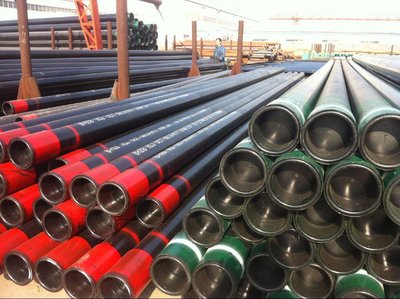
Seamless steel pipes also offer better Corrosion resistance compared to mild steel pipes. The seamless manufacturing process eliminates the need for welding, which can create areas of weakness that are prone to corrosion. Additionally, seamless pipes can be coated with protective materials to further enhance their resistance to corrosion, making them suitable for use in harsh environments or corrosive substances.
In terms of aesthetics, seamless steel pipes have a more polished and professional appearance compared to mild steel pipes. The seamless manufacturing process results in a uniform and seamless surface finish, giving the pipes a sleek and modern look. This makes seamless pipes a popular choice for architectural and decorative applications, where the visual appeal of the pipes is as important as their functionality.
Overall, seamless steel pipes offer several advantages over mild steel pipes, including superior strength, durability, corrosion resistance, and aesthetics. While seamless pipes may be more expensive than mild steel pipes, their long-term benefits and performance make them a worthwhile investment for industries that require high-quality and reliable piping solutions. Whether it’s for high-pressure applications, critical fluid transport, or decorative purposes, seamless steel pipes are a versatile and reliable choice for a wide range of applications.

